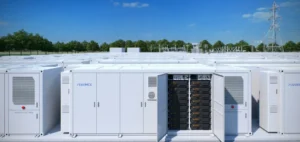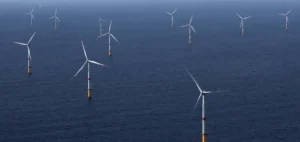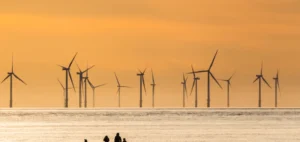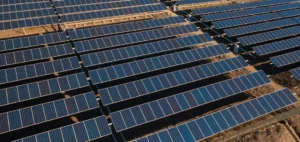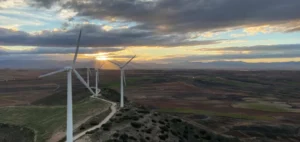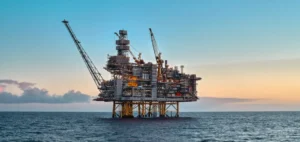Oil flounders as disappointing economic indicators worry demand, while natural gas continues to fall as Europe reports near full inventories with consumption slowed by mild weather.
By 11:00 GMT (13:00 in Paris), a barrel of North Sea Brent crude for December delivery was down 1.49% to $91.87, and U.S. West Texas Intermediate (WTI) for the same month lost 1.55% to $83.27.
“The collapse in gas prices, coupled with growing fears of recession, should pave the way for a further downward revision of global oil demand,” says Tamas Varga, analyst at PVM Energy.
Energy investors have to digest a series of disappointing economic indicators.
Crude oil prices are therefore likely to remain under pressure as “the strong dollar will not disappear any time soon and the global outlook is deteriorating rapidly,” asserts Edward Moya of Oanda.
Since crude oil is traded in dollars, a strong greenback weighs on the purchasing power of investors using foreign currencies.
On the natural gas side, the Dutch TTF futures contract, the European benchmark, was trading at 98.75 euros per megawatt-hour (MWh), after hitting a low since June at 92.40 euros per MWh.
“The mild weather (…) is reducing demand for gas for heating, and no significantly cooler weather is expected in the near future,” Commerzbank analysts note.
As a result, “the level of filling of gas storage facilities in Germany and throughout the European Union continues to increase,” they continue, estimating that EU stocks are 93.6% full, a figure “well above seasonal norms.”
The TTF contract for immediate delivery even briefly sank into negative territory on Monday, the first time this has happened since October 2019.
Commodity markets can experience negative prices for short periods of time when supply greatly exceeds demand.
“Storage, which is the balancing mechanism between supply and demand, normally absorbs excess supply,” Georgi Slavov of Marex told AFP.
However, as storage in Europe is “practically full”, “more gas is coming to us and demand is decreasing”, which has momentarily pulled the prices of TTF for immediate delivery into negative territory, Slavov continued.
But analysts agree that a long, harsh winter could reverse the trend.
Moreover, even if the FTT has largely moved away from its peak at the end of August at 324.005 euros (just a few euros away from its all-time high reached in March), it is still up by more than 40% since the beginning of the year.

